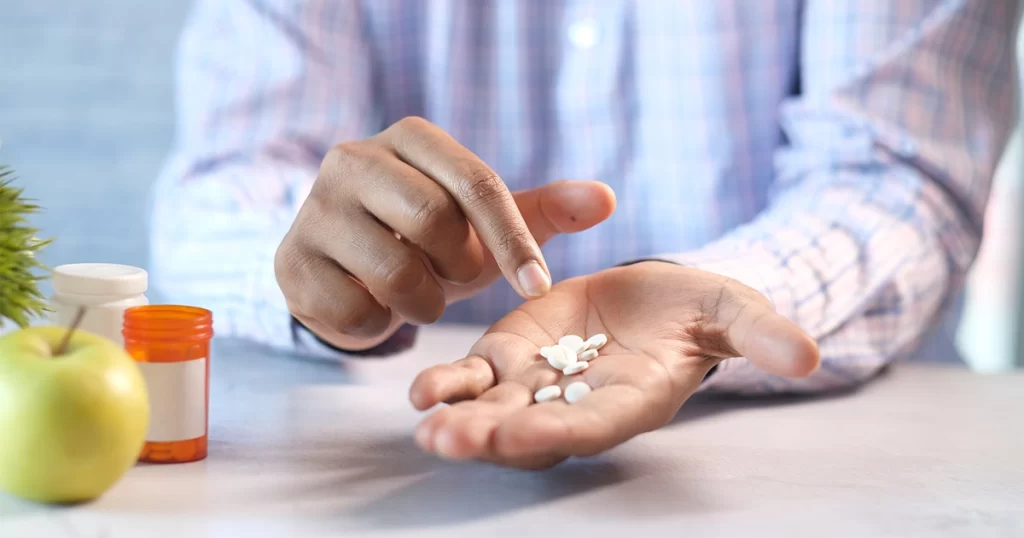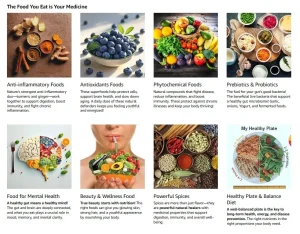What is Food Poisoning?
Food poisoning medication is prescribed by a healthcare professional when there is an illness caused by consuming food or drinks that are contaminated with harmful bacteria, viruses, toxins, or parasites.
Symptoms can include nausea, vomiting, diarrhea, abdominal pain, fever, and dehydration.
Food Poisoning Medication
Although there is no specific medication that can cure food poisoning In some cases, adults can take over-the-counter medicines such as;
- Loperamide (Imodium)
- Bismuth subsalicylate (Pepto-Bismol, Kaopectate)
These medicines are used to treat diarrhea caused by food poisoning but, at the same time, they can be dangerous for infants and children.
So, it is better to talk with a doctor before giving your child over-the-counter medicine.
When To Avoid the Above Medication
If you are experiencing the telltale signs of a bacterial or parasitic infection, such as bloody diarrhea or fever, it is important not to try and treat these symptoms with over-the-counter medications. Instead, seek out a medical professional for proper treatment.
Treatment
Treatment typically involves managing symptoms until the body can clear the infection on its own. This may involve:
- Drinking plenty of fluids to replace those lost due to vomiting and diarrhea. Water, broth, and sports drinks are good options. Avoid caffeine and alcohol, as they can increase dehydration.
- Resting and allowing the body to recover.
- Taking over-the-counter medications, such as acetaminophen (Tylenol) or ibuprofen (Advil), to relieve fever and body aches.
- Using over-the-counter medications, such as loperamide (Imodium) or bismuth subsalicylate (Pepto-Bismol), to reduce diarrhea.

Home Remedies for Food Poisoning
Here are a few home remedies that may help alleviate symptoms of food poisoning:
- Stay hydrated: Drink plenty of fluids, such as water, broth, and sports drinks, to replace fluids lost due to vomiting and diarrhea.
- Eat bland foods: Consume bland, easy-to-digest foods, such as toast, rice, and applesauce, to help settle your stomach.
- Try ginger: Ginger has natural anti-inflammatory properties and has been used for centuries to treat nausea. You can drink ginger tea or chew on ginger candies to help alleviate symptoms.
- Get plenty of rest: Allow your body to rest and recover from the illness.
- Avoid certain foods: Avoid fatty, spicy, and acidic foods, as they can irritate the digestive system and make symptoms worse.
It is important to speak to a healthcare provider if you think you have food poisoning, especially if you have severe symptoms or are at high risk of complications, such as young children, older adults, pregnant women, and those with weakened immune systems.
In severe cases, hospitalization may be necessary to provide fluids and electrolytes intravenously and to treat any underlying conditions.




